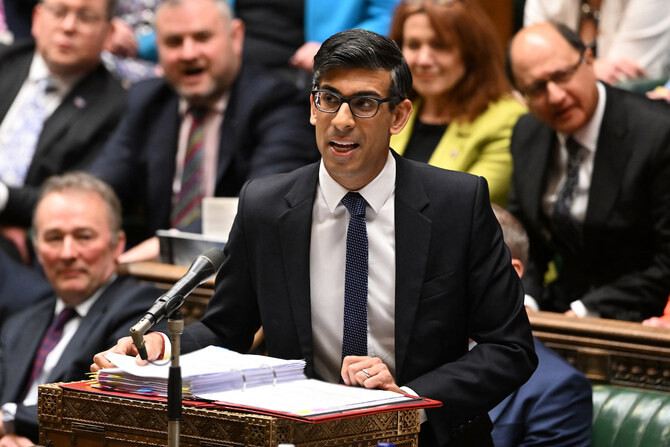


On December 4, 2023, the UK government made a major announcement: a comprehensive "five-point plan" to reduce net migration. A record 745,000 people immigrated in 2022, thus these steps are a reaction to the worrying increase in migration statistics. With the 2024 general election just around the corner, the Home Office is acting decisively to resolve this matter and protect the Conservative Party's image.
Originally implemented as a short-term post-pandemic response, the Health and Care visa has grown to be an essential part of the UK's immigration policy. The government now intends to keep a careful eye on this industry, addressing issues with worker abuse and exploitation.
Notably, carers employed under the Health and Care visa will no longer be permitted to bring dependents, and care facilities will be subject to regulation by the Care Quality Commission.
The general pay requirement for skilled workers will rise significantly from £26,200 to £38,700 to discourage excessive reliance on foreign labour. By doing this, companies hope to incentivize local workers and give preference to British talent. Visas for health and care workers and professions with national pay scales—like teaching—will not be affected by this increase in the income requirement.
The government will do away with the 20% wage discount for roles in shortage occupations to counteract the use of "cut-price labour" from outside. To maintain a discounted general wage threshold, the Migration Advisory Committee (MAC) will be entrusted with simultaneously drafting a new Immigration wage List with fewer occupations.

The minimal income required for British nationals or settled individuals to sponsor family members has increased dramatically. Under Appendix FM, the primary minimum income criterion for sponsored partners will increase from £18,600 to £38,700. Women, younger people, and residents in lower-income areas are among the British citizens who may be most affected by this shift.
The Migration Advisory Committee will closely examine the Graduate visa pathway to make sure it helps graduates land excellent employment and guards against possible misuse.
The government estimates that the implementation of these policies will result in the largest drop in net migration, with a 300,000 annual decrease. Nevertheless, detractors voice worries about the pressure on the healthcare system and possible difficulties for companies, particularly in lower-wage industries.
The UK's foreign worker landscape may shift as a result of these modifications as well as higher fees and health surcharges.
The government's resolve to change the immigration landscape of the nation is demonstrated by this comprehensive plan, which expands on earlier attempts to strengthen immigration regulations.
These policies will surely influence several sectors, making it necessary to reassess workforce plans and possibly alter the country's socioeconomic dynamics.
There will be two major modifications to the Health and Care visa. The Care Quality Commission will oversee care facilities, and carers travelling to the UK on this visa will no longer be permitted to bring dependents.
The Graduate visa pathway will be examined by the Migration Advisory Committee (MAC) to make sure it helps graduates land excellent jobs and to guard against possible systemic abuse.